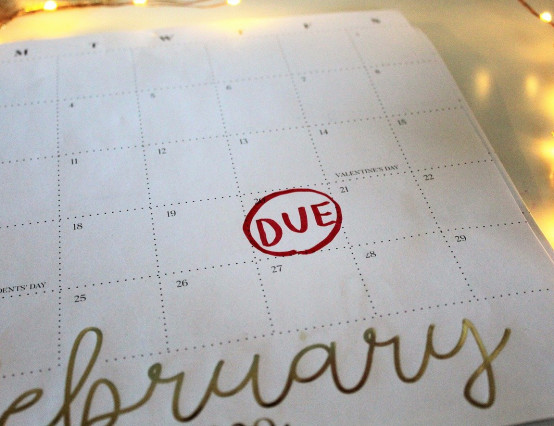Trigger warning: references to suicide and self harm
When we first talked at Voice about how we would like to change our curriculum and the way we are taught in formal education, about a million things exploded from my brain at once! Despite being what teachers would call an ‘academically gifted’ pupil, school for me has always been a source of anxiety and stress, a portal to something better rather than something I enjoyed. The biggest impact that school had on me was realising how awful other people can be, and how much I felt like I didn’t fit in. If you’ve met/raised/have been a teenage girl, you will understand how it's difficult to come out of that experience still liking humanity.
Another thing for me is that the current schooling system is built for one kind of person; neurotypical, able to concentrate for hours, learns by rote and is academically driven. Realistically, that’s not who most people are, and the knock-on impact of having a one size fits all education system can be seen in our growing mental health crisis in young people. I know more people that have been suicidal at some point in their lives than not. I lost my best friend to suicide, and I nearly lost myself. If mental health was brought out of the shadows, and made a key part of our school curriculum then think of the changes that could bring with it, and the lives it could save.
Whether we want to acknowledge it or not, mental illness is impacting every single school child’s life this very second. If it’s not them struggling, it’s their parent, their friend, their sibling. Mental illness is the silent part of the curriculum in all of our schools, and yet it doesn’t have a timetabled slot. There’s no teacher with a welcoming smile busting myths about schizophrenia, no weekly classes on how to look after your mental health, or open conversations about what it means to have anxiety. No, the mental illness lessons being taught in our schools are that boys should hold it all in otherwise they aren’t a real man, that it’s better for a girl to be dead than be ugly or ‘fat’ and that cutting yourself is just a trend that you play around with.
So we need a complete overhaul of our school system, and the foundation of it needs to be learning to look after yourself and your mental health, and then build other skills on top of it. You can know three languages, recite 100 digits of Pi or tell me about modern art, but if you don’t know what to do when you're bed-ridden with depression then all those other skills are useless. Mental health education in primary and secondary education means less stigma, readily available help, and reinforcing the message that not only are students not alone, but that whatever they are going through is going to get better. That kind of an education could and would save lives, as well as making everyone’s quality of life a whole lot better.
1 in 4 people will experience mental illness, and 50% of those mental health problems are established by age 14. That means that mental health education needs to happen before the age of 14, and the earlier the better. We teach young children about recognising emotions, so why aren’t we teaching them about how to handle them? So on my curriculum:
Two hours every week in secondary school set aside for talking about mental illness, mental health and how to look after yourself. This will include education about different mental illnesses and breaking stereotypes about them, building up a ‘toolkit’ of techniques and exercises to help you if you feel anxious or panicked and exercises to get everyone to think about what they like to do/what cheers them up when they are feeling down, and how they can work these things into their lives more regularly
In primary schools, mental health education worked into the curriculum so not only do they learn about Henry VIII’s six wives, but what cheers them up when they are sad, or how to calm themselves down when they feel angry or panicked. This will include some basic education about different mental illnesses, including explaining why some people struggle in different situations or why they act ‘differently’, and how you can help your friends when they need support.
Proper government funding so every single school has a team of trained counsellors all with different approaches and specialities, so that every child can not only have access to a counsellor if they need it, but that they can also have a choice of counsellor so they feel comfortable opening up. Every child would be required to have one counselling session, so that whilst the stigma around seeking help still exists, even those that feel too embarrassed to ask for help have the option of it without having to actively do anything.
A proper policy in place in every school so that students and staff don’t have to pretend to be physically sick or have a family emergency when they really just need a mental health day. No one should be punished because they need to take some time out to look after themselves, and no one should be forced to lie about it due to shame or knowing that they wouldn't be taken seriously.
So, if like me you believe that we should have mental health education in schools, you can sign the petition here and join the #itsaffectedme movement to get rid of the stigma around mental health and open up about your experiences if you feel comfortable doing so.








0 Comments